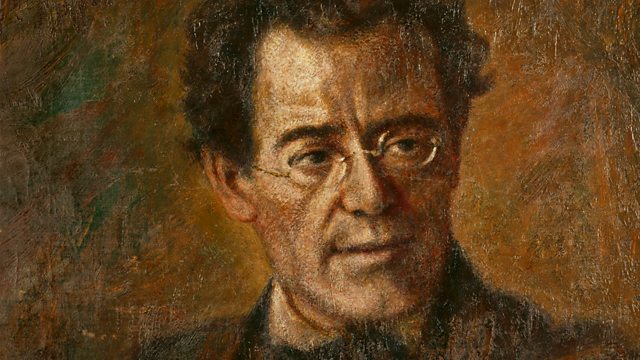Mahler's Adagietto
Music lovers describe the part that Mahler's beautiful Adagietto from his Fifth Symphony has played in their lives. From March 2011.
Gustav Mahler wrote his 5th Symphony during the summers of 1901 and 1902. The Adagietto is the 4th movement which is thought to have been inspired by falling in love with Alma who he married around this time.
This single movement is the composer’s most well-known piece of music. It was famously used in the 1971 Luchino Visconti film Death in Venice. It was also conducted by Leonard Bernstein at the mass at St Patrick's Cathedral, New York on the day of the burial of Robert Kennedy.
Composer David Matthews explains the significance of this piece in Mahler's output.
Psychoanalyst Anthony Cantle describes listening to it with his mother during her last days of dementia.
Malcolm Reid tells how this piece signified a change in himself as a young man in the British police force with narrow, racist views, to hearing it in Australia and shifting to becoming a liberal.
And Helen Epstein explains why it was played at her mother's funeral.
Series exploring famous pieces of music and their emotional appeal.
Producer: Rosie Boulton
First broadcast on Βι¶ΉΤΌΕΔ Radio 4 in March 2011.
Last on
More episodes
Previous
Next
You are at the last episode
Music Played
-
![]()
Philharmonia Orchestra (Aline Brewer on harp)
Adagietto: Sehr langsam
- Mahler: Symphony No.5.
- Telarc.
Credit
| Role | Contributor |
|---|---|
| Composer | Gustav Mahler |
Broadcasts
- Tue 29 Mar 2011 13:30Βι¶ΉΤΌΕΔ Radio 4 FM
- Sat 2 Apr 2011 15:30Βι¶ΉΤΌΕΔ Radio 4 FM
- Fri 18 Nov 2016 18:30Βι¶ΉΤΌΕΔ Radio 4 Extra
- Sat 19 Nov 2016 00:30Βι¶ΉΤΌΕΔ Radio 4 Extra
- Tue 11 May 2021 18:30Βι¶ΉΤΌΕΔ Radio 4 Extra
- Wed 12 May 2021 00:30Βι¶ΉΤΌΕΔ Radio 4 Extra
Featured in...
![]()
Soul Music—Soul Music Mixtapes
Music that has a powerful emotional impact on musicians and listeners alike.
Why Sam Cooke's 'A Change Is Gonna Come' became a Civil Rights anthem
Podcast
-
![]()
Soul Music
Series about pieces of music with a powerful emotional impact





